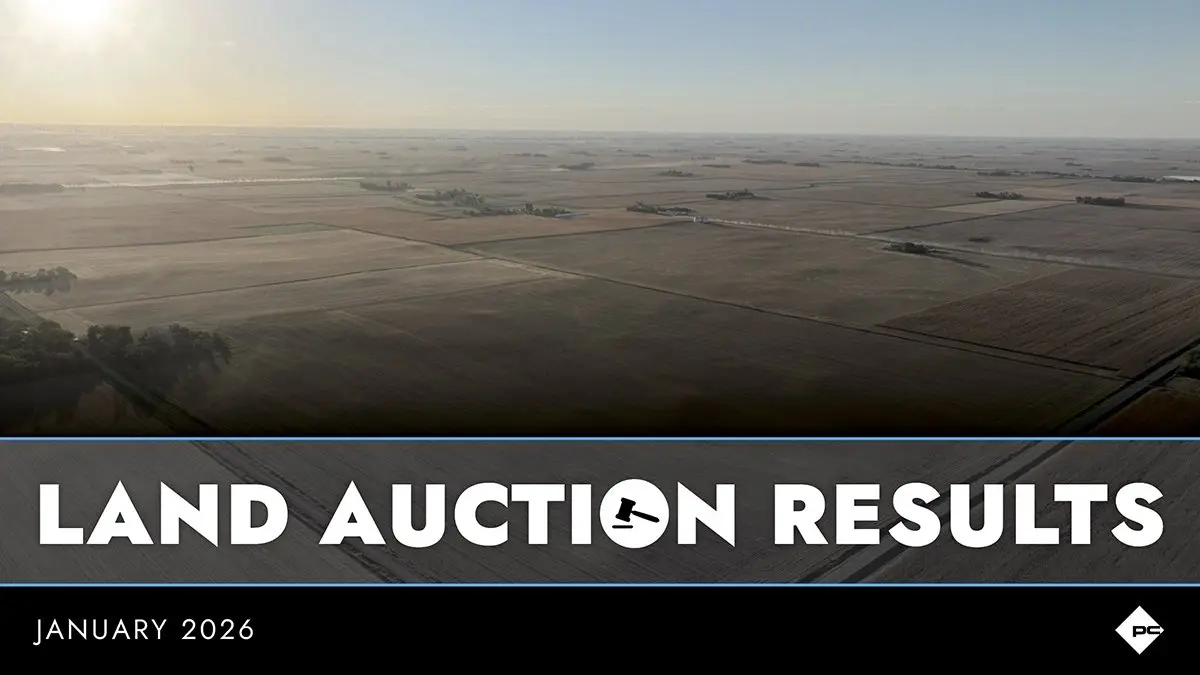
Earnest money is generally known as a good faith deposit for a transaction. It is the funds a buyer provides to demonstrate their level of commitment in purchasing a property. Between writing an offer and closing on the transaction, there are several variables that can impact the transaction for the buyer and the seller. Earnest money also provides possible protection to the seller in the event the transaction falls through.
Although many believe that earnest money is the guarantee that a purchase will happen, this is not the case. Earnest money requires the seller to remove the property from the open market for a period of time to allow the buyer to remove any outlined contingencies and/or perform due diligence. Buyer or seller agents as well as attorneys can facilitate movement of earnest money as directed in the sales contract.
Contractual Agreement - Earnest money is generally delivered when signing the purchase agreement or the sales contract. Language of the contract and/or state statutes define the amount, due date, and location in which the earnest money should be deposited.
Earnest money amount can be a flat rate or a percentage of the purchase price. For residential properties earnest money can range between 1-3% of the purchase price and can reach upwards of 10% for highly competitive land with multiple interested buyers.
Due dates of earnest money are at a minimum determined by state law and can be required as early as the day of contract acceptance. Earnest money can be provided in the form of cash, check, ACH, or wire transfer, per acceptance of the seller. Copies of the earnest money deposit should be provided to both the buyer and seller.
Earnest money is deposited into a trust account determined by the seller, or as agreed upon by the seller and the buyer. The holder of the trust account becomes legally responsible for monitoring the deposit and any withdrawals of the earnest money through the close of the transaction. Typically the deposit trust account is associated with the firm or vendor that will facilitate the transfer of the property. Additionally the contract, and agreement by the parties to the transaction, define the conditions which could be required to return earnest money to the buyer, provided conditions of the contract are not met.
When the transaction reaches closing, the earnest money can be applied towards the purchase price or directed to agent commission when applicable.
Commonly Asked Questions:
- Can I get an earnest money refund?
Buyers may reclaim their earnest money if the reason for contract cancellation is a contingency outlined in the purchase agreement. Such contingencies may include appraisals, home inspections, or financing contingencies. Title search issues can also come into play with earnest money refunds.
It is important to understand potential contract contingencies. These contingencies are in place to protect both buyer and seller and are defined in the purchase contract.
- Where does my earnest money go?
Earnest money is generally held in trust account of a legal firm, real estate broker or title company. Acceptable payment methods include a bank wire, certified check or personal check.
- As a buyer, is there a chance of losing my earnest money?
Ignoring or missing contract timelines and failure to close the transaction on the agreed date exhibits a breached contract. In this instance buyers may have to forfeit their deposit. Financing and inspection contingencies protect the buyer’s earnest money if the mortgage doesn't go through. It is important to put everything in writing. As a buyer, make sure the contract clearly defines what outlines canceling the sale and which party ends up with the earnest money.








